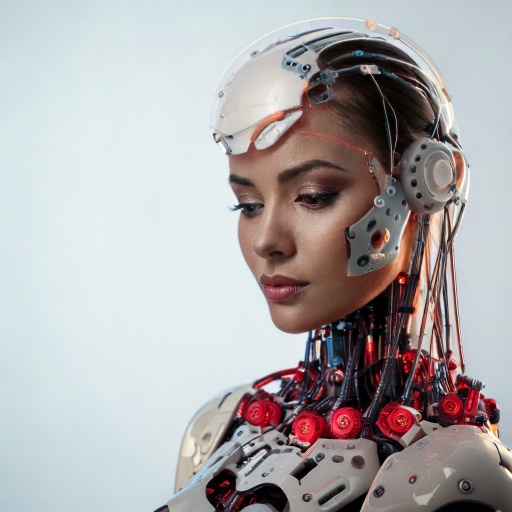The Global Pulse on AI Existential Risk: A Dramatic Divide in Opinions

The development of Artificial Intelligence (AI) technologies, and in particular, "Intelligent Agents" capable of creating "Non-Human Workers" or "Digital Employees," has spurred a significant discussion around the potential existential risks to humanity. These concerns have transitioned from being theoretical to practical due to the rapid advancements in AI. Many researchers and developers, influenced by the "ChatGPT revolution," now believe that human-like AI (AGI) is years rather than decades away. This creates an urgency around the potential existential risks of AI.
However, the perception of these risks is split among experts, creating a ripple effect in the policy-making process of developed nations. The divide in expert opinion has led to a range of contradictory actions from authorities, creating a state of indecision reminiscent of the paradox of Buridan's donkey. Some experts consider existential AI risks significant and insist on immediate risk mitigation efforts. On the contrary, others believe the existential risks are not yet a concern, advising that worry should only arise when such risks materialize.
This disagreement in the expert community and policy-makers was put to a public test in a rehearsal of a global referendum on humanity's fate in the context of AI development. The Munk Debate on Artificial Intelligence presented this question, and the results unveiled a fascinating division of opinion.
Key facts from the debate include:
- Joshua Bengio and Max Tegmark argued for the 'Yes' position, stating that AI research and development do present an existential threat. Conversely, Melanie Mitchell and Jan LeCun argued 'No.'
- A pre-debate audience survey revealed a breakdown of 67% 'Yes' and 33% 'No.'
- Post-debate, the audience's opinion shifted slightly to 64% 'Yes' and 36% 'No', reflecting a 3% change from 'Yes' to 'No'.
- A prediction market, opened two weeks before the debate, initially tilted towards the 'No' position. However, by the end of the debate, this view had dropped to only 25%.
The global referendum rehearsal reflects society's key role in tipping the scale on this issue. While the debate continues, the specter of a cataclysmic event caused by an AI advancement, such as a "mental virus pandemic," looms over the horizon. Only time will tell whether this proverbial 'butterfly' will tip the scale on the existential AI risks and the fate of humanity.


